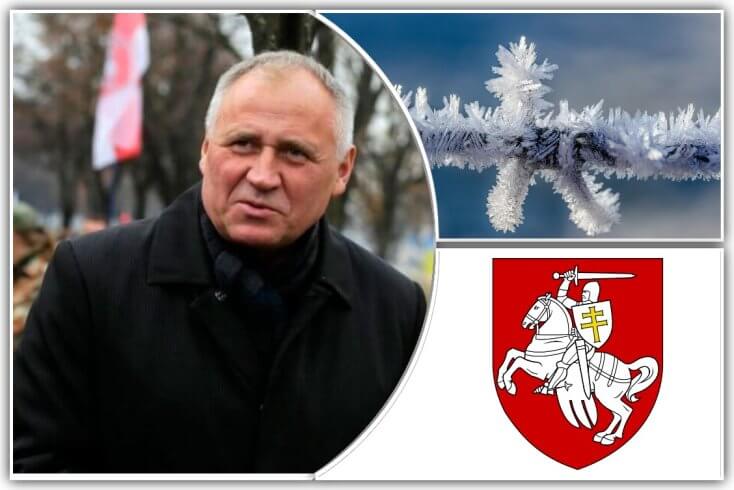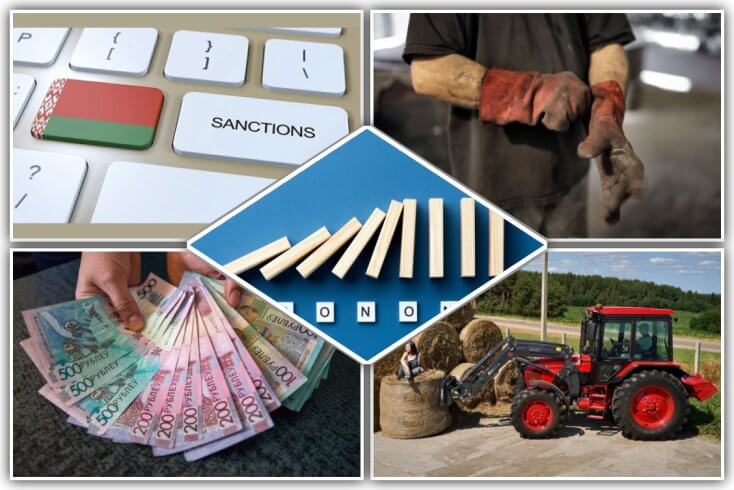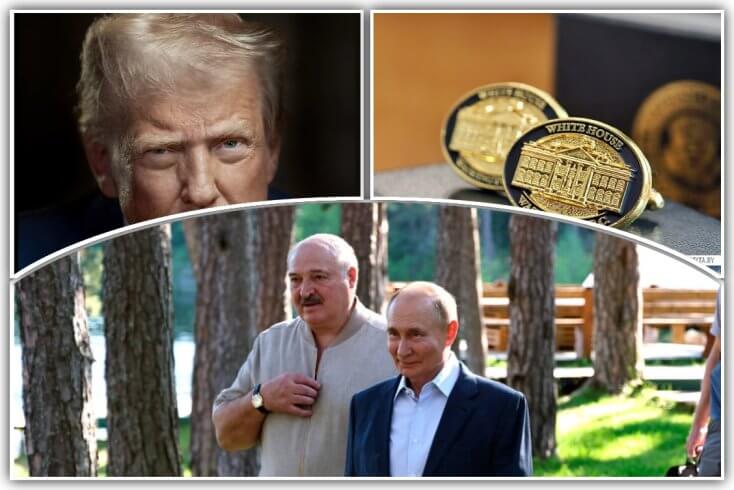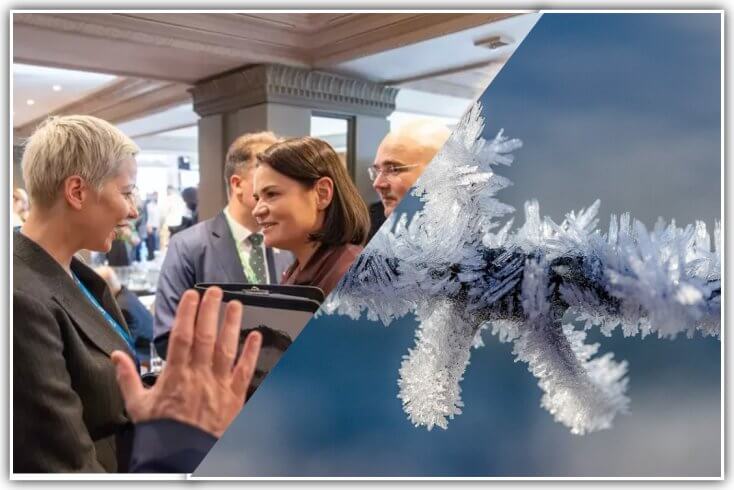Alaksandar Łukašenka has pardoned at least 78 political prisoners convicted in connection with the 2020 postelection protests in an apparent attempt to win over disenchanted voters in the run-up to a presidential poll and possibly to appease the West.
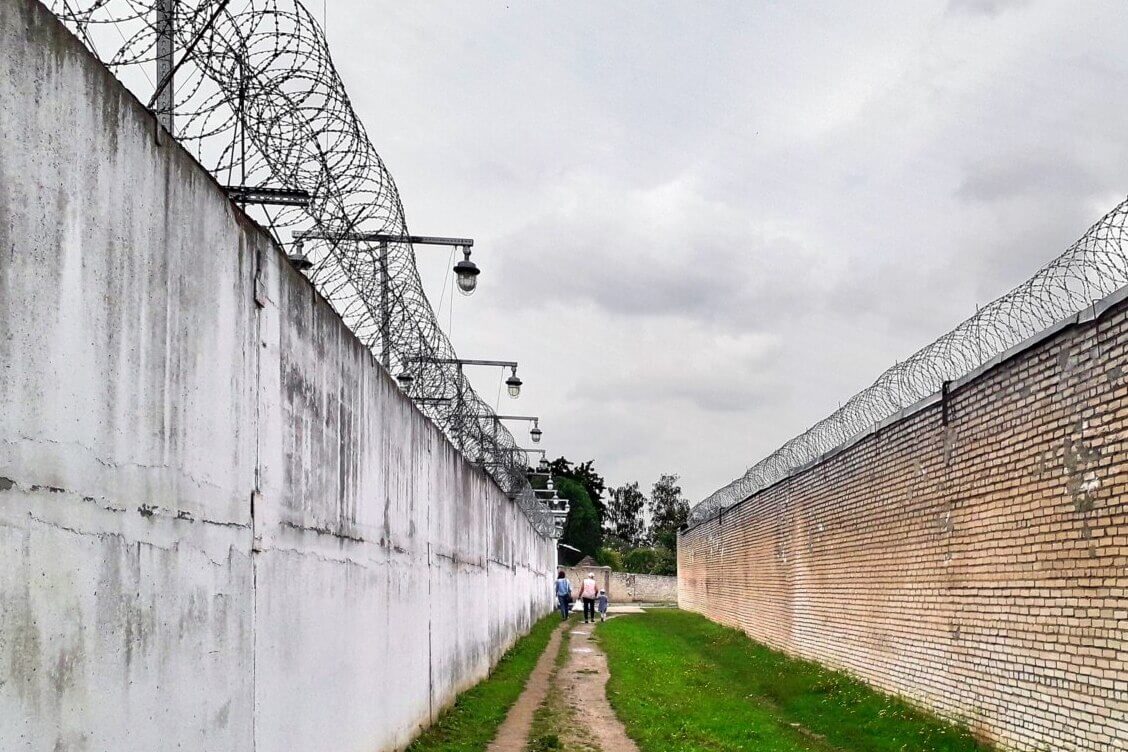
Calculated humanism
As long as arrests and trials continue with the same intensity, one cannot really refer to Łukašenka’s pardon as an act of humanism. Belarusian human rights defenders designated 115 new detainees as political prisoners in July and August.
Reports have been coming in on the poor health of prominent prisoners, such as Maryja Kaleśnikava and Palina Šarenda-Panasiuk. Their detention conditions have reportedly deteriorated.
Łukašenka’s move to release nearly 80 of more than 1,300 political prisoners might be a pitch to both voters and the West.
Election draws closer
The first group of those released included seriously ill and older people, such as 67-year-old cancer patient Ryhor Kastusioŭ and journalist Ksienija Łuckina, who has a brain tumor.
At least six dissidents have died in prisons since 2022. In the run-up to a presidential poll coming up in the first half of 2025, the Belarusian strongman might be concerned that deaths of his imprisoned critics are perceived by voters as excessive cruelty.
It makes sense for him to release sick people to sell it as an act of humanism. Propaganda portrays Łukašenka as a strict but just leader, merciful to those who have “lost” their way and then expressed regrets on camera.
The second group is made up of people who were about to complete their sentences. Some of them were released just a few weeks early.
Those in prison for political reasons understand that his clemency is not genuine, but getting out a week earlier is better anyway, given that prison terms are often extended for alleged disobedience to prison administration, including refusals to write petitions for pardon.
Łukašenka’s mixed message
Experts say that Łukašenka is a bit of a mixed bag. He is inherently hostile toward the West but claims to be open to negotiations with the EU.
Every now and then Minsk makes overtures to Brussels, stressing its commitment to friendship with Russia.
Last time, rapprochement with the West collapsed after the 2020 election and the crackdown that followed.
Łukašenka may be reaching out to the West again, in his usual confusing fashion.
The Belarusian leader fully supports Russia in its war against Ukraine but tries to pose as a peacemaker. He is critical of the EU sanctions, but is showing a willingness to cooperate at least at a basic level of mutual tolerance.
Some experts see the release of political prisoners as an attempt to make amends with the West, have sanctions lifted and assert legitimacy ahead of the 2025 ballot.
Despite a positive response from many Belarusians, the West has not been impressed by the move. Washington and Brussels welcomed Łukašenka’s decision but demanded the release of all unjustly convicted persons.
There is still little evidence of any negotiations taking place behind the scenes.
